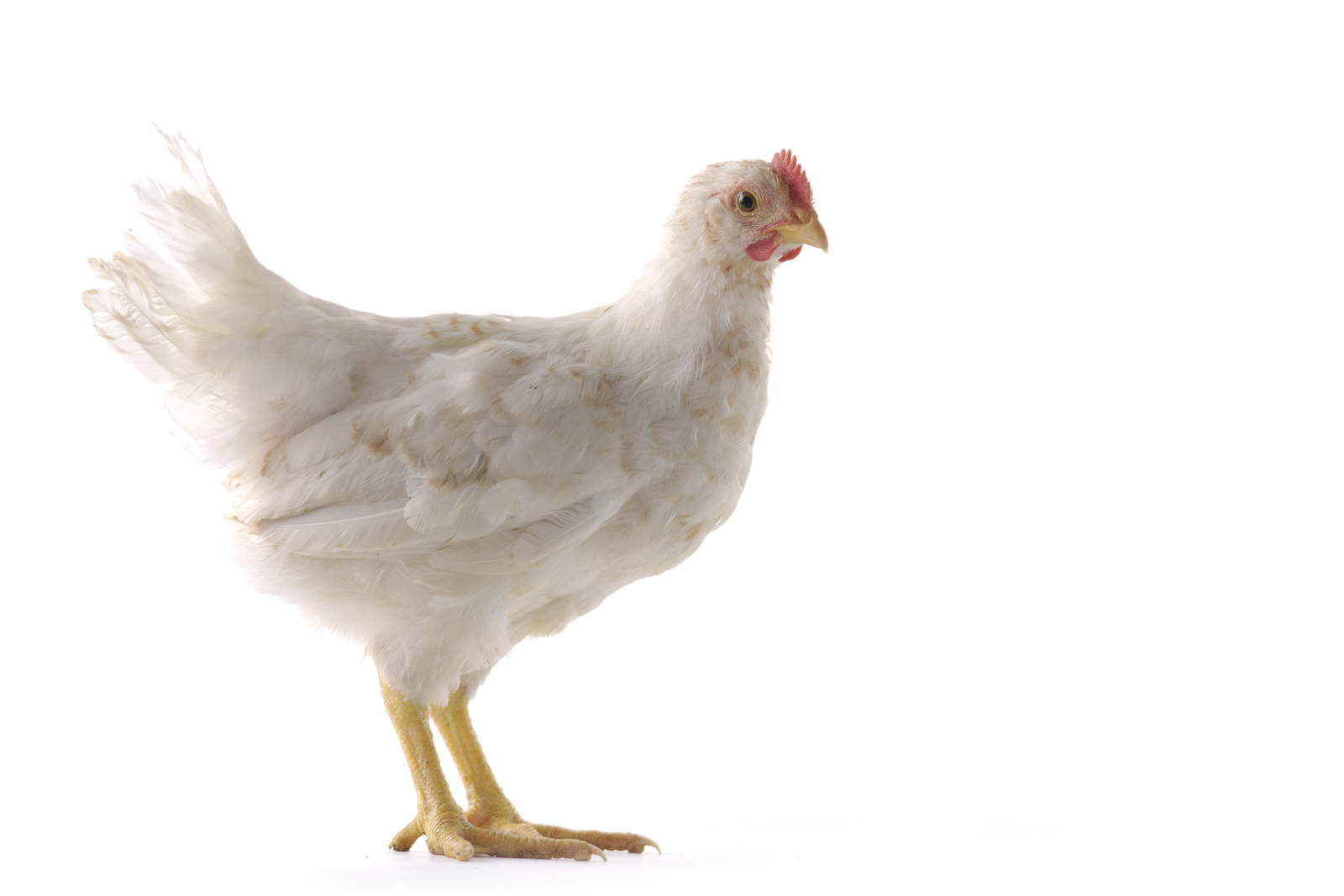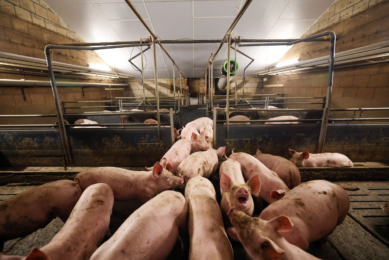Peptides show promise for poultry

Antimicrobial peptides are attractive candidates for the design of new antimicrobial agents for specific application, as new research in monogastric animals showed.
The new research paper ‘Antimicrobial Peptides as Potential Alternatives to Antibiotics in Food Animal Industry’ has been published in the International Journal of Molecular Sciences.
Antimicrobial peptides (AMPs) are small biological molecules (<10kda) with a broad-spectrum of activity against bacteria, fungi, protozoa, and some viruses. based on their secondary structure, amps fit into 4 major classes–namely:>
- α-helical peptides,
- β-sheet peptides,
- extended peptides, and
- loop peptides.
To date, the most prevalent use of AMPs has been in the preservation of foods. However, with microbial resistance to conventional antibiotics occurring, AMPs have attracted increased attention from the swine and poultry industries. It has been reported that the antimicrobial peptides A3 and P5 had beneficial effects on growth performance in broilers. The administration of pig antimicrobial peptide in the drinking water or feed was also capable of promoting growth performance of broilers.
Gut morphology and pathogen load
In broilers, the beneficial effects of AMPs on gut morphology were also demonstrated. Wang et al. found that the antimicrobial peptide sublancin increased the villus height in the duodenum and the villus height to crypt ratio in the jejunum despite the Clostridium perfringens challenge. In addition, the antimicrobial peptide cecropin A-D-Asn (artificial) was also found to improve intestinal villus structures, which might be explained on the basis of its antimicrobial activity. However, the effects of antimicrobial peptide cecropin A-D-Asn on promotion of villus growth need to be evaluated in germ-free animals. The beneficial effects of AMPs on gut microbiota have also been observed in broilers. Wang et al reported that the antimicrobial peptide sublancin significantly decreased the caecal Clostridium perfringens in challenged broilers.
Promising antibiotic alternatives
The authors of this paper conclude that AMPs are promising alternatives to conventional antibiotics. These peptides have a strong potential for application as feed additives in swine and poultry production. Antimicrobial peptides have been demonstrated to improve growth performance, promote nutrient digestibility and gut health, positively alter intestinal microbiota, and enhance immune function in pigs and broilers. However, the researchers address that the fate of AMPs in vivo is still poorly understood. Therefore, there is a need for research evaluating the pharmacokinetics of AMPs.











